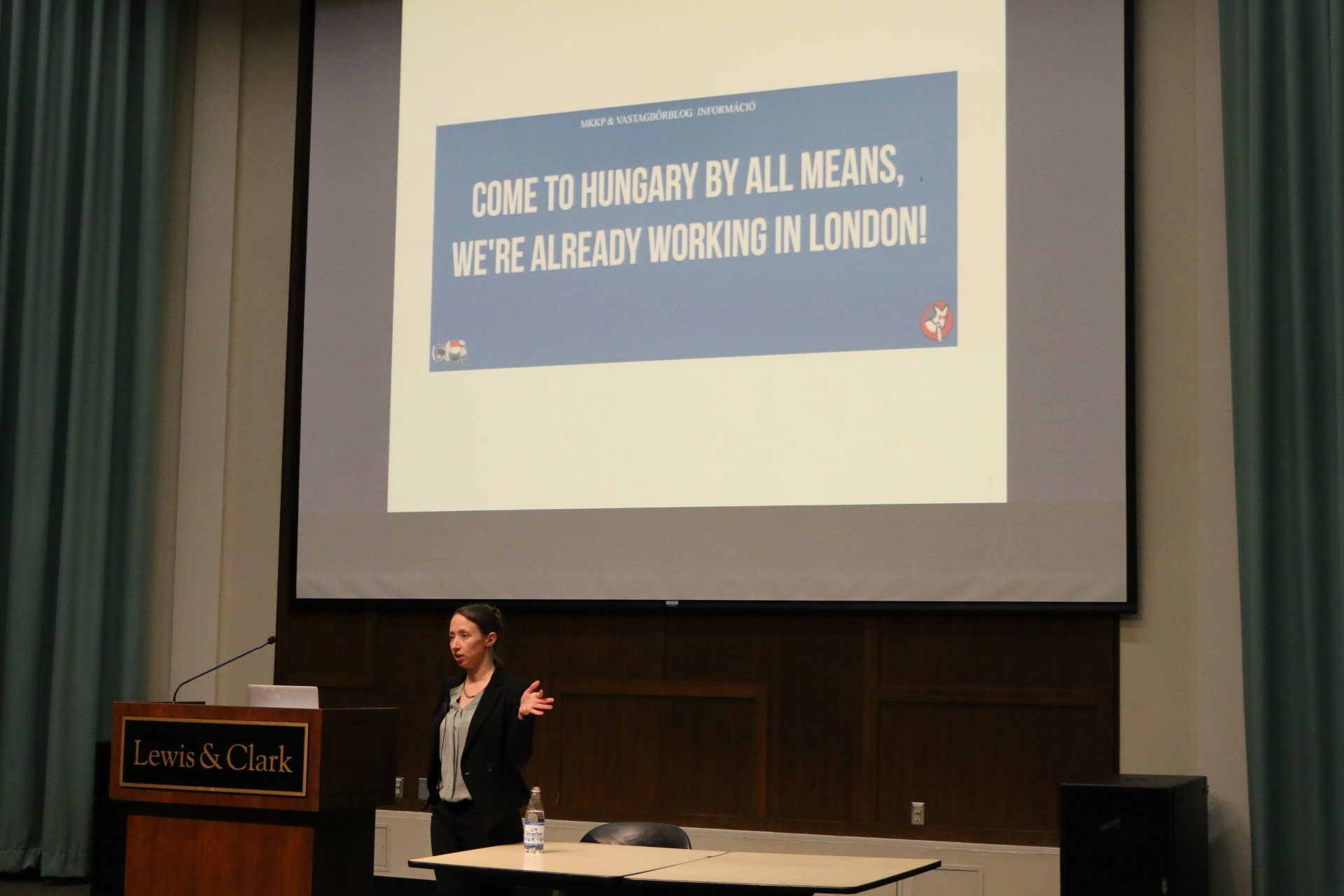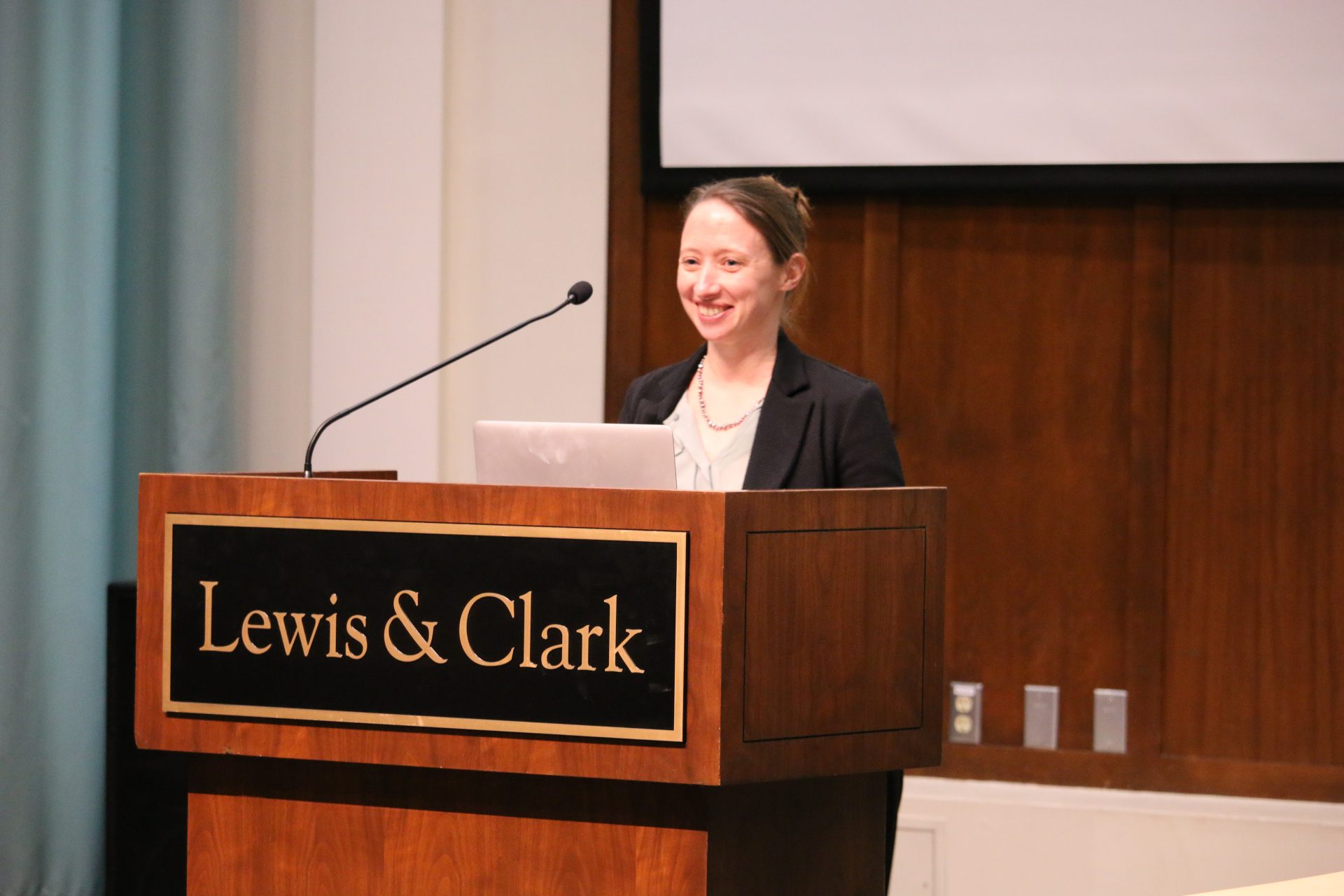
By Peter Melling /// Sports Editor
The recent migrant crisis in Europe has prompted reactions from all over the political spectrum, and has become a hot button issue for European governments and the US current US election cycle. Dr. Tara Zahra, Professor of Eastern European History at University of Chicago and a Macarthur Fellowship Award-winner, looks to bring a historical perspective into the debate, illustrating how previous waves of migration shaped European politics.
On March 7, Zahra presented at the History Department’s 53rd Annual Throckmorton Memorial Lecture. Her lecture, entitled The Great Departure: Emigration from Eastern Europe and the Making of the Free World, discussed the politics of migration in the Austro-Hungarian Empire in the 19th Century and in post-WWI nations.
Zahra’s talk, based around her upcoming book, focused on government reactions to the rise of emigration in their territories. These policies included anti-Semitic trials against Jewish travel agents (and the promotion of anti-Semitic propaganda) and propaganda on the dangers of moving to Western Europe and America (with frequent references to “wage slavery”). She discussed the connection between “ability to move” and “freedom” developed, and the implications it had for public perceptions and foreign/domestic propaganda.
Zahra also revealed how countries incorporated nationalist viewpoints in emigration policy, engaging in forced expulsions of ethnic minorities while preventing people of linguistic/cultural majorities from leaving. She connected these policies to some of the Eastern European complicity with the Holocaust (even as the Nazis planned to enslave the majority Slav population), and Soviet attempts at ethnic cleansing and anti-emigration measures.
Europe’s current migrant crisis also became a part of her lecture, as she closed out her talk with details on Eastern Europe’s anti-immigration measures (i.e barbed-wire fences and discriminatory policies). Dr. Zahra’s lecture not only brought to mind issues of xenophobia and nationalism in the 19th and 20th centuries, but also how these same ideologies affect current political affairs.

Subscribe to the Mossy Log Newsletter
Stay up to date with the goings-on at Lewis & Clark! Get the top stories or your favorite section delivered to your inbox whenever we release a new issue.

Leave a Reply